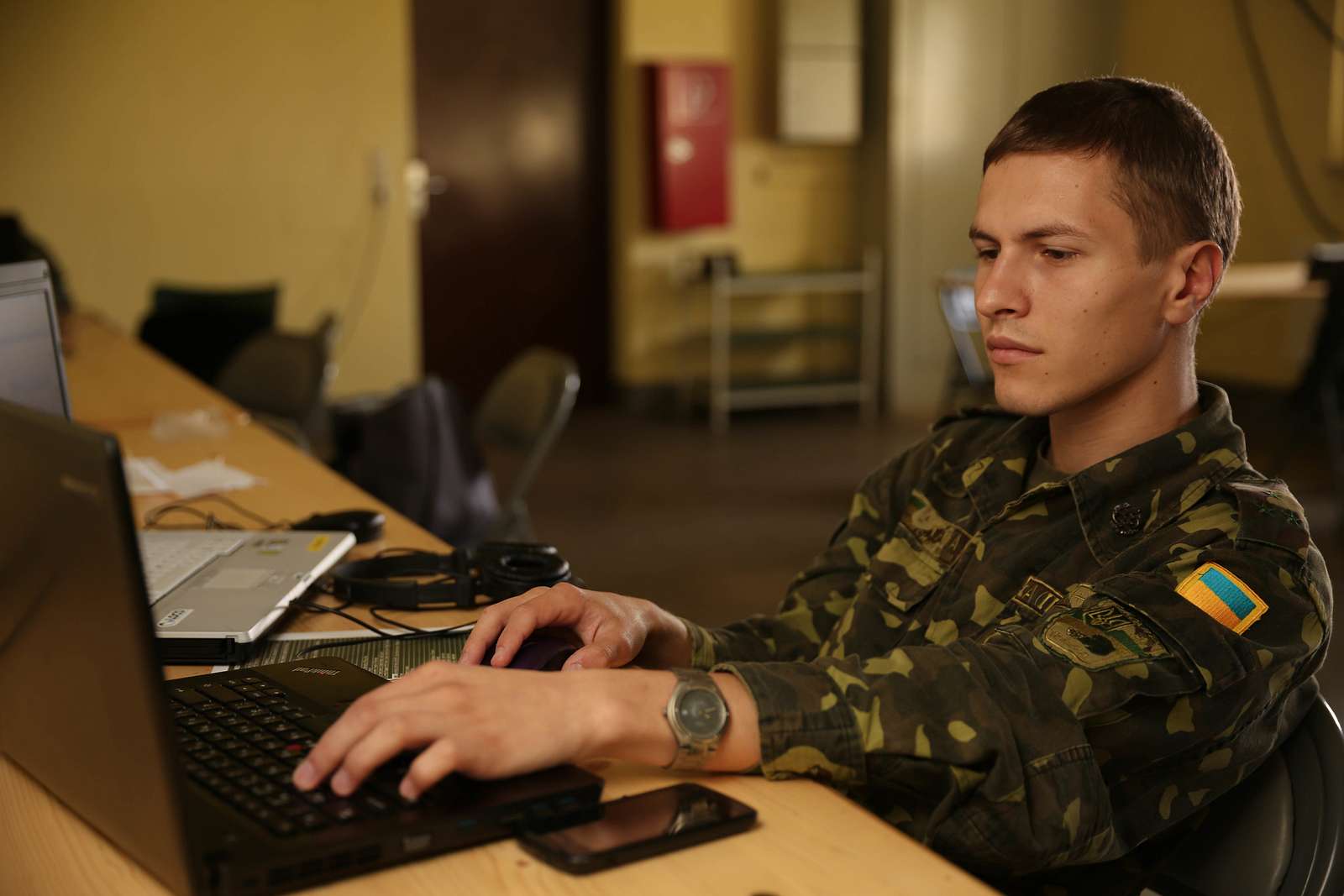Hirsh on the Obama Administration and Small-Footprint/Low-Visibility Counterterrorism
Michael Hirsh (National Journal) has a very interesting piece today at the Atlantic (online that is, not sure if this is going into print as well). Here's a key slice of it:
Obama has also demonstrated a take-no-prisoners ruthlessness (literally) that has surprised even some inside the intelligence community.
Michael Hirsh (National Journal) has a very interesting piece today at the Atlantic (online that is, not sure if this is going into print as well). Here's a key slice of it:
Obama has also demonstrated a take-no-prisoners ruthlessness (literally) that has surprised even some inside the intelligence community. Whether it is because Obama simply wants to get the "war on terror" off America's front-burner as quickly as possible, or because the administration has not decided what to do with detainees, few, if any, senior militants have been arrested since he took office. Many have been killed. One senior official inside the CIA is forthright about the issue, at least when speaking anonymously. "It's a lot simpler and easier for a sniper to shoot or to use a Predator to launch a lawful attack than to detain and interrogate prisoners," he says. "Once they're dead, then Human Rights Watch or Amnesty International doesn't bring a habeas [corpus] case for them. If we're not going to hold them, we're 'pure.' We may not have information or intelligence, but we do ensure that no one in the human-rights community is yelling and screaming at us." In addition, the official says, not dealing with detainees has freed up the agency's resources to focus on the hunt for more terrorists.The piece goes on to develop that particular issue quite a bit, including extensive quotes from John Bellinger and a counterargument from Tom Malinowski. But the larger thrust of the article is to suggest an administration trending toward a small-footprint/low-visibility/high-lethality counterterrorism strategy.
Robert (Bobby) Chesney is the Dean of the University of Texas School of Law, where he also holds the James A. Baker III Chair in the Rule of Law and World Affairs at UT. He is known internationally for his scholarship relating both to cybersecurity and national security. He is a co-founder of Lawfare, the nation’s leading online source for analysis of national security legal issues, and he co-hosts the popular show The National Security Law Podcast.





